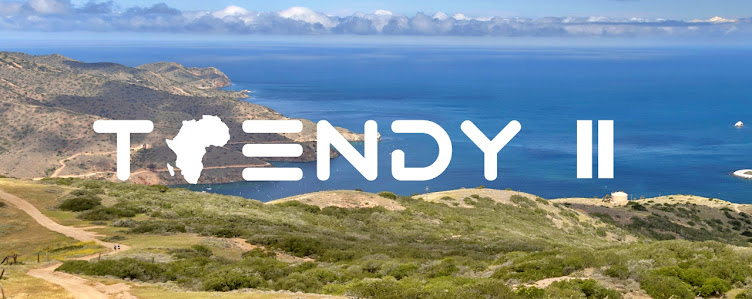Nigeria has headed off a threat to its banking
industry by propping up struggling power companies with an intervention fund,
said analysts including Pabina Yinkere of Vetiva Capital Management Ltd. The
213 billion-naira ($1.3 billion) fund announced by President Goodluck
Jonathan’s administration on Sept. 19 will be used to pay off gas-supply debts
owed by power companies and to cover revenue shortfalls. It will also help them
meet debt-service obligations to banks on loans of almost 500 billion naira, on
which some were falling behind.
“The government is reacting to the risk affecting
the power industry as a whole and the sustainability of the reform, which
dovetails to the banks,” Yinkere said in a phone interview from the commercial
capital, Lagos, on Sept. 24. “This intervention fund will ease the stress in
the industry and in effect reduce the probability of loans going bad.” Nigeria dismantled its power monopoly and sold the
hydro-and gas-powered plants it ran last year to try to bring in investment
needed to expand electricity supply, with demand more than three times the
current output of about 3,800 megawatts. Companies including Transnational
Corp. of Nigeria Plc, Korea Electric Power Corp. (015760) and Forte Oil Plc
(FO) paid more than $3 billion for controlling interests in 15 power generators
and distributors.
Biggest Lender
UBA Plc (UBA), Nigeria’s fourth-biggest lender by
market value, granted $700 million in loans to several investors, including
Transnational, which got $215 million to buy Ughelli Power, the country’s
second-biggest gas-fueled plant with capacity for 900 megawatts.
Guaranty Trust Bank Plc (GUARANTY), the largest
lender by market value, advanced $170 million to Mainstream Energy Solutions
Ltd. for the concession of Jebba and Kainji hydropower plants. Zenith Bank Plc
(ZENITHBA), the second-biggest lender, provided 40 billion naira for the
acquisition of two electricity distribution companies in Lagos.
Others such as
Ecobank Transnational Inc., Diamond Bank Plc (DIAMONDB) and Skye Bank also
provided loans to power investors.
Authorities in Africa’s largest economy are putting
together new regulations to protect lenders, electricity consumers and other
utilities in the event that the power companies fail, according to central bank
Governor Godwin Emefiele and Petroleum Minister Diezani Alison-Madueke.
While the bailout doesn’t address all the
challenges, it is a step in the right direction, Bismarck Rewane, CEO of
Lagos-based Financial Derivatives Co., a risk advisory firm, said by phone
yesterday. “The signal is that the power investors will be
supported,” he said. “Power is too important that the government cannot let it
fail.”
Source: Bloomberg
-->


No comments:
Post a Comment